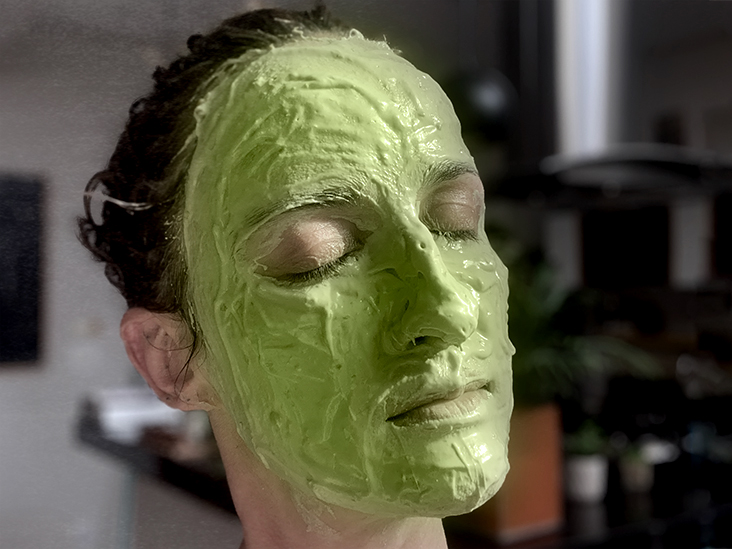In the beauty industry, the term “organic” means that some or all of the ingredients in a product come from organic sources. For example, aloe vera in a moisturizer might come from an organic aloe farm.
Organic ingredients are ones that farmers have grown without using artificial substances, such as chemical pesticides or fertilizers. The exact definition varies around the world.
In the United States, products with a U.S. Department of Agriculture (USDA) organic seal contain at least 95% organic ingredients. There is no evidence these products are more effective, but they may be more environmentally friendly.
In this article, we look more closely at organic skin care, including what it is, and what the benefits are. We also look at how organic skin care differs from “green” or “clean” skin care.
Organic skin care refers to products that include organically-farmed ingredients. The standards of organic farming vary globally, but typically, organic farms do not use laboratory-made substances.
This may include:
Instead, organic farms keep their produce healthy using natural substances. The idea behind this is that organic farming is less harmful to the environment.
For a skin care product to be organic, it must consist of organically farmed and processed plant-derived ingredients. Some examples of these include:
In the U.S., organic products must also:
The exact percentage of organic ingredients in a product with “organic” on the label can vary depending on local laws. In the U.S., the use of the term “organic” is regulated by the Food and Drug Administration (FDA), but states set their own thresholds for the proportion of organic ingredients they need to contain.
If a product has a USDA organic seal, it contains at least 95% organic ingredients.
No — these terms mean different things.
“Natural” may mean that some or all of the ingredients in a product come from plants or animals. This is not the same thing as “organic.” Natural ingredients can come from organic or nonorganic farms.
“Natural” also does not necessarily mean all the ingredients
“Green” is a term companies use to convey that their products are not harmful to the environment. Again, though, this is subjective. A company may use this to refer to their ingredients, their packaging, their business practices, or a combination. It does not guarantee that the product is truly harmless.
“Clean” has a looser definition still. This describes products that contain safe, nontoxic ingredients. Clean beauty products would generally not contain ingredients that
Organic skin care is not necessarily any more or less effective than nonorganic skin care. However, it does have some key benefits. Organic skin care products are:
There are a few downsides to organic skin care. However, people should be aware that a product being organic does not always mean the company that makes it is environmentally responsible.
Some brands
For example, a company might emphasize their organic ingredients, but they
Organic status is just one thing to think about when looking for sustainable skin care. Other factors can tell people how high quality, ethical, and environmentally friendly a product is overall.
Depending on someone’s concerns, they may also want to look for information about:
The United Kingdom organization, Ethical Consumer, provides free advice on how to choose environmentally conscious products.
The term “organic” means that a product contains organically-farmed ingredients. Organic farmers do not use artificial fertilizers, pesticides, and other chemicals to grow their produce. The idea behind this is that it reduces harm to wildlife.
The exact definition of “organic,” and the criteria brands need to meet to list skin care products as such, varies depending on location. It is not the same as natural, green, or clean skin care. The FDA does not regulate these terms.
People who want to ensure their skin care products are healthy for themselves, the environment, and communities that farm the ingredients can look for information about what is important to them online.
Learn more about the environment and health at MNT’s Environment and Sustainability hub.
Last medically reviewed on March 17, 2022
7 sourcescollapsed
Different skin types require different skin care products. Read on to learn more about the best skin care products for each skin type.
The best skin care routine depends on a person's skin type, age, and other factors. Learn what dermatologists recommend for different groups here.
Noncomedogenic ingredients have little to no potential for causing blocked pores, and so do not worsen acne. Here is what to look for.
Hydrating skin care ingredients attract water, while moisturizers keep the hydration in. Learn more.
This article examines which anti-aging products may be effective, when people should start using them, and natural skin care remedies.
OUR BRANDS
